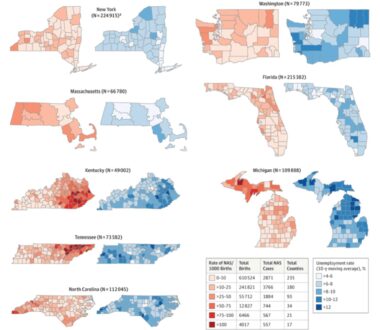
Neonatal Abstinence Syndrome and the Opioid Crisis: Paying Attention to Social Context
As you likely continue to read in your local news or experience in your community, the United States is in the midst of a deadly drug overdose and addiction crisis. In fact, overdoses claimed the lives of 70,000 individuals in 2017—more than two-thirds of those overdoses were linked to opioids. While drug overdoses disproportionately affect young adults, there […]
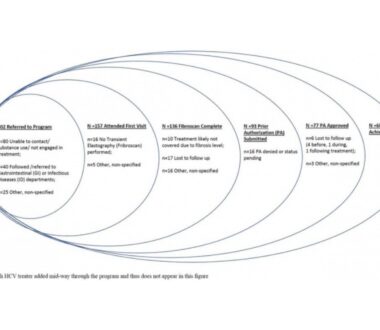
Using the 340B Drug Pricing Program to Support Primary Care-Based Hepatitis C Treatment in a Safety-Net Hospital Patient-Centered Medical Home
Over 2 million people in the US had chronic hepatitis C (HCV) infection during 2013- 2016, and HCV remains a leading cause of morbidity and mortality in the United States. Expanding HCV treatment in primary care would improve treatment access and follow-up but is resource intensive, requiring significant staff support. Using a budget impact analysis, a new study […]
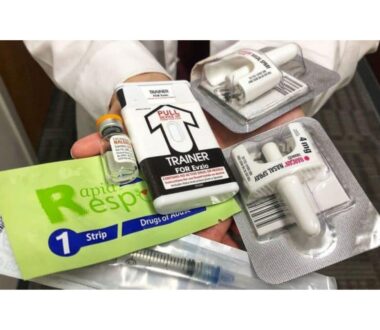
Naloxone Sales Likely to Increase after Switch to Over-the-Counter Status
Naloxone is an opioid antagonist rescue medication that reverses the effects of an opioid overdose, and thus a critical tool to prevent fatal opioid overdoses. CHERISH Investigators Drs. Sean Murphy, Jake Morgan, and Bruce Schackman, and CHERISH staff member Philip Jeng, MS predicted pharmacy sales following conversion of naloxone to over-the-counter (OTC) in a new […]
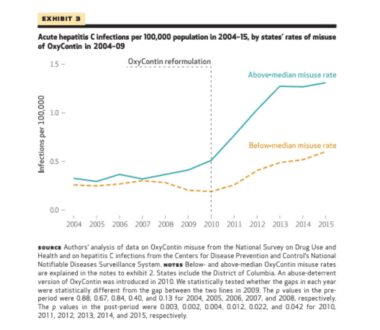
Opioids and Hepatitis C: How OxyContin Fed a New Epidemic
Purdue Pharma’s 2010 reformulation of OxyContin as an abuse-resistant pill was supposed to be a breakthrough in battling the burgeoning opioid epidemic. Purdue executives and policymakers touted the reformulation as a way to dampen the supply of abusable drugs, thereby reducing opioid addiction and death. Nearly a decade later, it appears that the policy had several serious […]

Criminal Justice Measures for Economic Data Harmonization in Substance Use Disorder Research
The intersection of criminal justice-involved populations and people who use substances makes criminal justice outcomes particularly significant for estimating the economic impact of substance use disorder interventions. New National Institute on Drug Abuse (NIDA) HEAL initiative funding opportunities in response to the opioid crisis include integrated studies that will develop, test, and validate evidence-based approaches to preventing […]

Why Deaths Continue to Rise in the Opioid Epidemic
Late last year, the Centers for Disease Control and Prevention (CDC) announced that more than 70,000 people died from drug overdoses in 2017, a 9.6% increase from 2016. Deaths continue to soar, even as states and health systems implement policies to curb the overprescribing of opioids that led to the epidemic in the first place. It’s hard […]
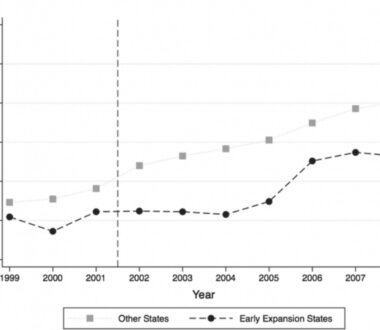
Medicaid Expansion and the Opioid Epidemic
Despite little evidence, some commentators and policymakers have argued that Medicaid expansion has fueled the opioid epidemic by increasing access to prescription opioids. But a growing number of studies refute this theory, and instead suggest that Medicaid expansion reduces mortality from drug overdoses and increases access to drug treatment. The latest such evidence comes from LDI Fellows Paula Chatterjee and Atheendar Venkataramani, who analyzed […]
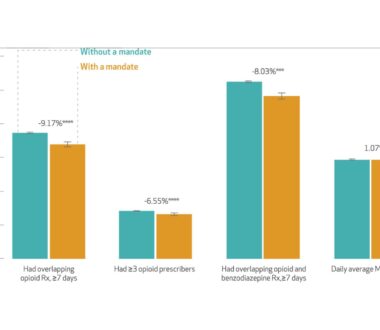
Impact of State Policies for Prescription Drug Monitoring Programs on High-Risk Opioid Prescriptions
A recent study in Health Affairs by CHERISH Research Affiliate Dr. Yuhua Bao and CHERISH investigators Dr. Zachary Meisel and Dr. Bruce Schackman examined the impact of prescription drug monitoring program policies on high-risk opioid prescriptions. Prescription drug monitoring programs (PDMPs) are statewide databases of controlled substances dispensed at retail pharmacies. Currently, all states and Washington D.C. except Missouri […]
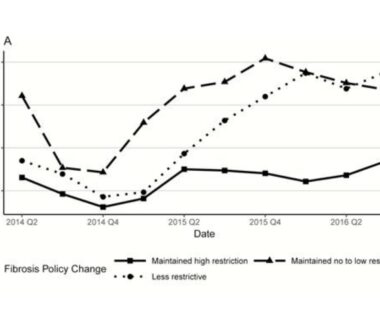
Two New Publications Address Expanding Access to HCV Care Among People Who Inject Drugs
Hepatitis C Virus (HCV) is one of the leading causes of infectious disease deaths in the United States. Injection drug use is a common route of HCV transmission and the annual number of reported cases continues to rise due to the opioid epidemic. Previous HCV treatment regimens had severe side effects and limited efficacy, but […]
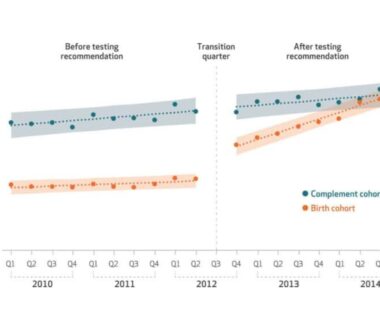
CDC Guidelines Change for HCV Testing in Baby Boomers: Success in Affecting Clinical Practice
Hepatitis C virus (HCV) is a communicable disease that could lead to liver cirrhosis and hepatocellular carcinoma affecting baby boomers and all people who inject drugs (PWID) in particular. There are over 19,000 HCV-related deaths in the United States annually. HCV can be cured using direct-acting antivirals that can also reverse HCV-related liver injury. In 2012, the […]
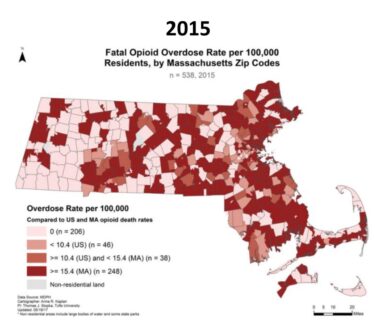
Burden of Opioid Epidemic Mapped in Massachusetts Using a Unique Dataset
Using a legislatively-mandated, integrated dataset, the Massachusetts Department of Public Health has published its first comprehensive look at the state’s opioid-related overdoses between 2011 and 2015. The dataset was created as part of 2015 “Chapter 55” legislation. It links information on an individual level across diverse state databases, including mental health data, jail and prison data, vital records, substance […]
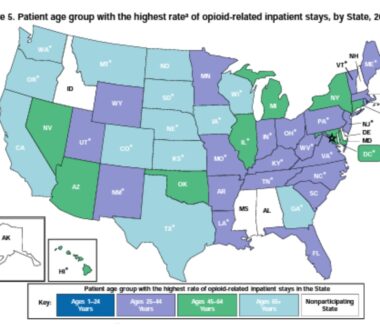
Increased Opioid-Related Inpatient stays and ED Visits
A recent statistical brief from the Agency for Healthcare Research and Quality (AHRQ) provides valuable information regarding patient characteristics for opioid-related inpatient stays and emergency department (ED) visits in the US and within 44 states and the District of Columbia. The brief comes from AHRQ’s Healthcare Cost and Utilization Project (HCUP), which is the largest all-payer encounter-level collection […]
Engage with CHERISH
Submit a Consultation Request or Contact Us to learn more about how CHERISH can support your research or policy goals.